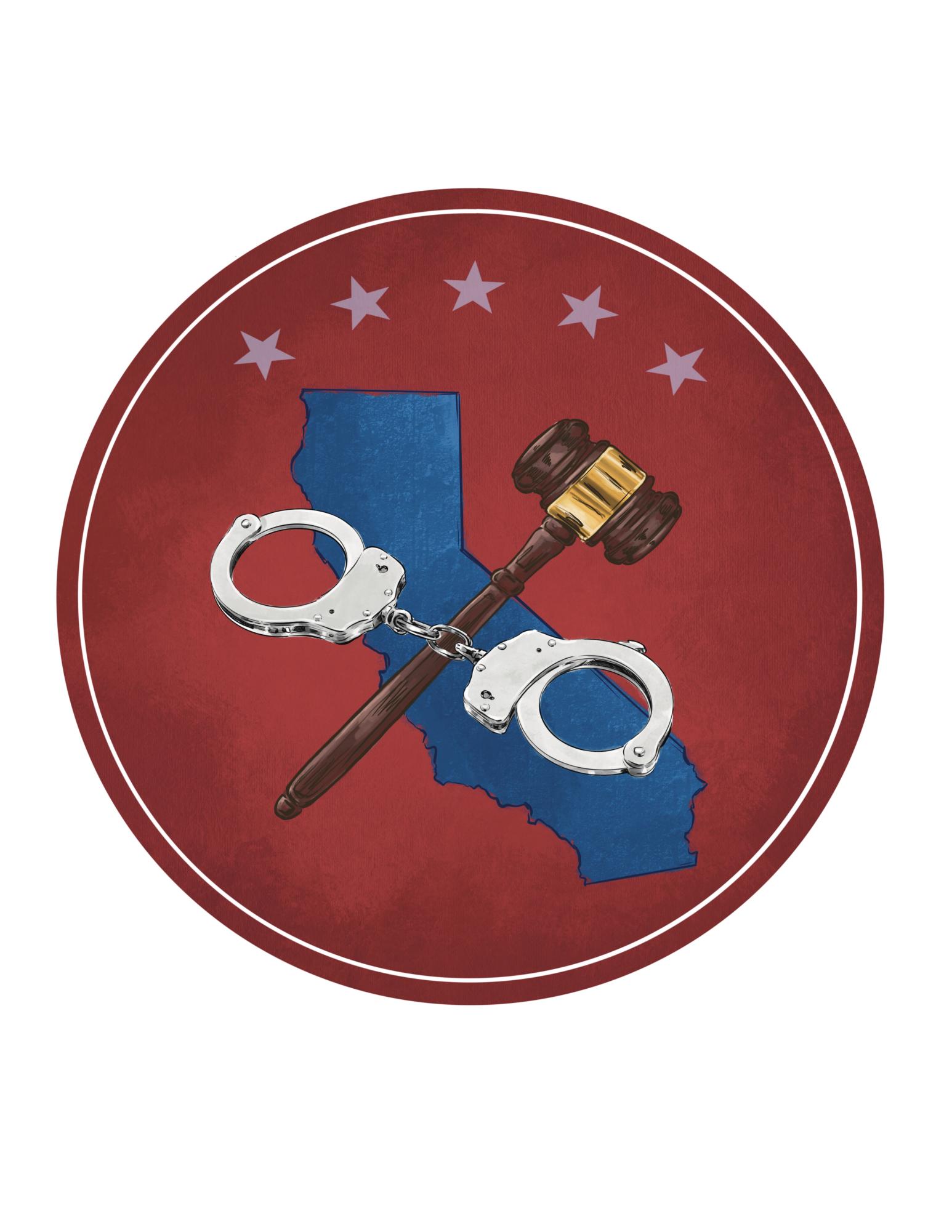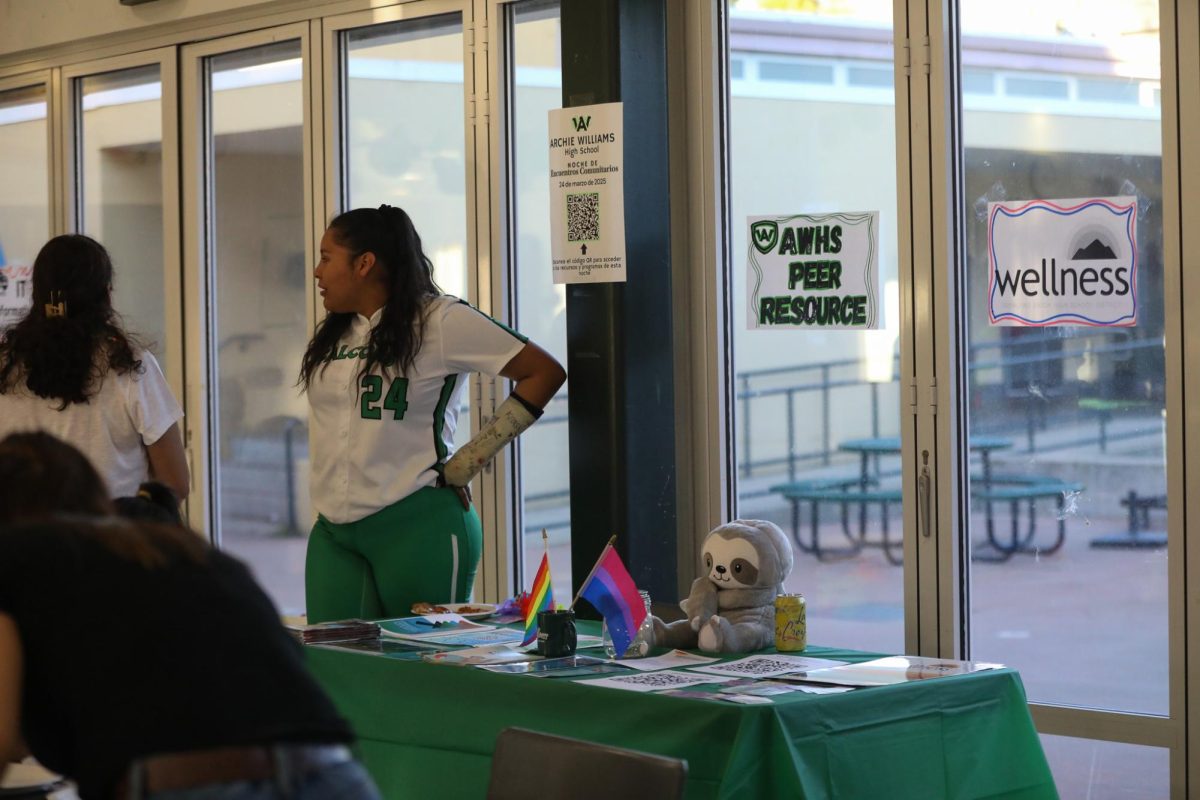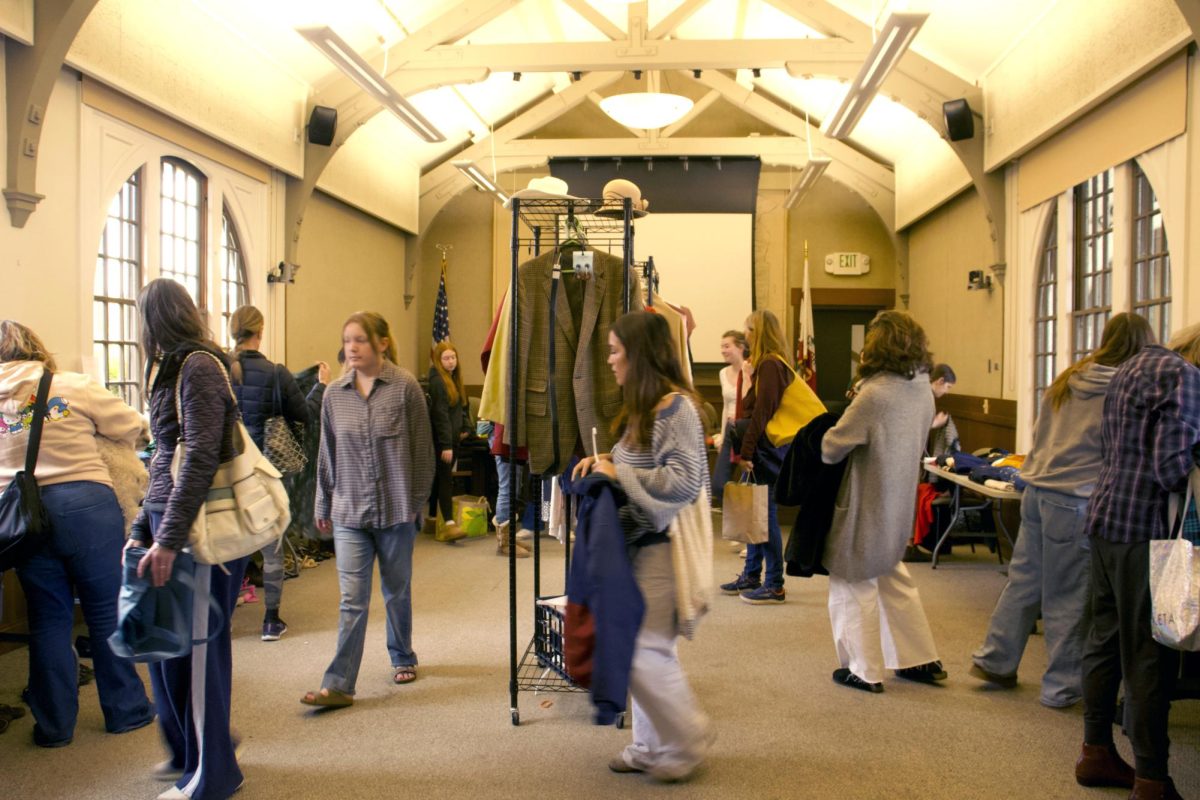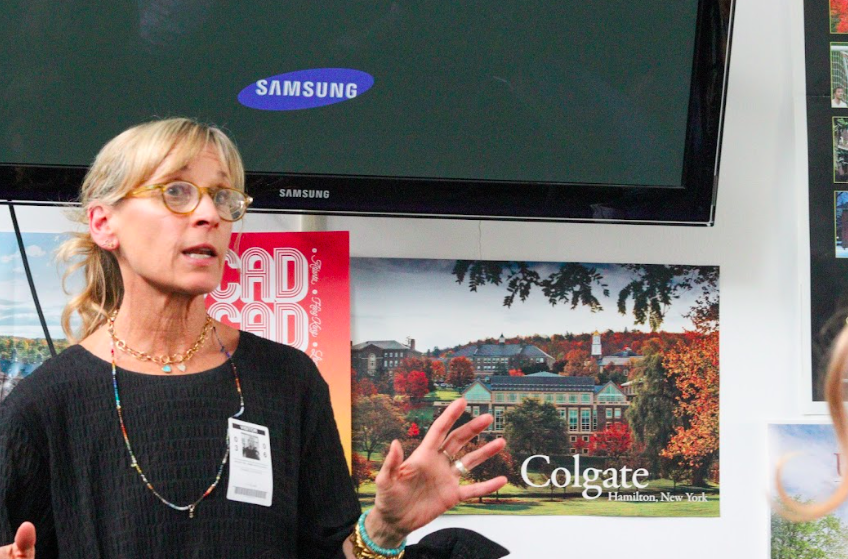On Tuesday, Nov. 5, voters across California cast their ballots in favor of Proposition 36. Known by its supporters as the “Homelessness, Drug Addiction, and Theft Reduction Act,” Prop 36 will reclassify certain cases of theft and drug crimes as felonies, and create a new category of crime called “treatment-mandated felonies.” Prop 36 will reverse many of the changes originally enacted by Prop 47, which passed in 2014 in an attempt to reduce the large issue of overcrowding within California prisons.
Prop 36 arose due to public concerns about crime, homelessness, and drug use. Effective no later than Dec. 18, the proposition will reclassify certain cases of theft up to $950 from a misdemeanor to a felony if the perpetrator has committed two or more specific theft-related crimes in the past. It will also lengthen certain felonies sentences by up to three years, and introduce “treatment-mandated felonies” allowing for treatment time instead of prison time for certain instances of felony drug convictions.
The main opposition included California Governor Gavin Newsom, Assembly Speaker Robert Rivas, and Senate President Pro Tempore Mike McGuire. The main arguments against Prop 36 were the lack of studies that proved that harsher punishments would lower crime rates or reduce homelessness.
Prop 36’s main supporters were conglomerate U.S. businesses including Walmart, Target, and Home Depot, the California District Attorneys Association, and the California Republican Party. Members of these parties argued that increasing the penalties for drug possession was the only way to effectively cut down on the drug epidemic. Support was widespread,according to Marin County Director of Legislative and Intergovernmental Affairs Talia Smith, Prop 36 was the highest-passing ballot measure in the state.
“The statewide percentage of the pass was 68.5 percent, which is actually very high for a ballot measure. In Marin, specifically, it was 60 percent so we were less than the state average, but 60 percent is still considered a strong passage rate,” Smith said.
One main reason voters supported Prop 36 was that it planned to roll back on some of the reforms that followed Prop 47, a proposition created to reduce California’s prison overcrowding by relabeling some theft and drug crimes as misdemeanors. The Public Policy Institute of California estimates a 50 percent decline in the number of individuals being held or serving sentences for Prop 47 offenses based on a sample of California county jail systems. This caused the overall jail population to decline by 9 percent in the year following Prop 47’s passing. This decline in jail population has led many of Prop 36’s supporters to blame it for an increase in crime.
Marin Grand Old Party Communications Chair Sarah Nagle has seen voting inconsistencies between privileged areas and high-theft areas. According to Nagle, people who have lived in more privileged areas are more likely to believe that Prop 36 is unnecessary for the less fortunate communities in California.
“I think Gov. Newsom’s opposition to Prop 36 is indicative of someone who has always been privileged to live in so-called “good neighborhoods” and doesn’t have to deal with the day-to-day issues [caused by shoplifting],” Nagle said.
Because Prop 36 will undo some of the Prop 47 regulations, prison populations will likely increase again. This is a concern for Archie Williams senior Samantha Winslow, who interns at Humans of San Quentin, a non-profit that shares the stories of incarcerated people. She believes that the rise in prison populations will lead to a decline in the environment of the prisons and make it so individuals cannot receive the help they need.
“As a person who works with incarcerated individuals, I think the passing of Prop 36 will poorly impact current people in California prisons. It will increase the population of people in the prisons which can lead to a long list of issues for the incarcerated people and workers. Mass incarceration leads to a decline in resources offered like addiction help and makes unsafe environments,” Samantha said.
Despite the benefits of smaller jail populations, prosecutors, police, and retailers have blamed Prop 47 for an increase in crime and homelessness. Following the approval of Prop 47, there has been a 28% increase in the shoplifting of merchandise worth up to 950 dollars, specifically in the last five years. According to Nagle, Prop 47 has led to a shortage of drug stores, with multiple Walgreens closing in San Francisco due to shoplifting. This has led to adverse effects in communities state-wide.
“People who live in suburbs don’t understand that when a Walgreens or CVS closes in some neighborhoods, you suddenly have a lot of senior citizens and people without cars who have nowhere to buy the basics and nowhere to fill a prescription,” Nagle said.
In contrast to Nagle’s point, Communications Director for the Marin County Young Democrats Skylar Collins believes the support for Prop 36 came from a need for psychological safety instead of a shoplifting issue. According to Collins, the public’s need to feel safe and protected from crime increased during the COVID-19 pandemic.
“News, including social media, about criminality activates several parts of peoples’ psychological systems, namely the need to feel safety and security…This dynamic was compounded by the COVID-19 epidemic and quarantine, when people had increased perceived economic need resulting in criminality, as well as an increase in time spent on social media sites,” Collins said.
Collins is skeptical about Prop 36’s effectiveness due to its targeted demographic. University of Cambridge Institute of Criminology found weak statistical associations between the severity of punishments and crime rates. Although the proposition will seemingly dissuade people from stealing by threatening a higher sentence, Collins believes that people aren’t stealing based on the severity of punishment, and therefore the proposition will not discourage crime.
“I am highly skeptical of claims that the passing of Proposition 36 will reduce crime rates, as I do not believe that the research consensus would predict that either,” Collins said. “My training and research in psychology suggest that most crime is driven by reactionary perceived economic needs and emotional disturbances.”
Another reason Prop 36 gained widespread support was due to the increasingly alarming drug epidemic. In California the COVID-19 pandemic exacerbated overdose deaths and over 10,000 people died from all-drug overdoses from October 2020 to September 2021. Prop 36 will introduce a new type of crime classification, “treatment-mandated” felonies, which would allow people convicted of specific crimes relating to drugs to serve their time in the form of drug treatment instead of in prison. However, if the person convicted did not successfully complete their treatment, they could still be sentenced to up to three years in prison.
“The idea behind [treatment-mandated felonies] is that, essentially, if you receive a felony, obviously for drug use, it would mandate that you get treatment. And so there’s a question around, well, who funds that? It doesn’t come with any new money [and] that’s a key piece of it,” Smith said.
Although the idea of treatment-mandated felonies is an appeal of Prop 36 for some, the logistics of funding are largely unknown. Treatments will be funded on a federal level, and will only apply to people who are eligible for Medicare or Medi-Cal services. Medi-Cal treatment is funded on both a state and federal level, whereas Medicare is solely funded by the federal government.
Despite the proposition’s widespread support, its anticipated impact on minorities is unknown and of concern for the Associate Executive Director of External Affairs at Disability Rights California, Eric Harris. Harris believes criminal justice system policies often disproportionately impact minority populations, including people with disabilities.
“Prop 36 is a proposition that will penalize people for committing certain types of crimes in a more significant way than they have been over the last several years, and disabled people of color especially are often more likely to be part of the criminal legal system. And so when [Disability Rights California] saw Prop 36 we saw the potential danger…we look at a lot of the criminal legal system and say disabled people are going to be harmed by expanding this,” Harris said.
In addition to potentially causing harm to disabled people of color, Prop 36 will also divert funds that were previously used to support communities and schools. After Prop 47 passed, prisons often opted to use leftover money as grants for community services and the education system. However, it is expected that Prop 36 will increase the population of prisons, meaning that money that was previously spent on communities will have to be redirected back to baseline prison operations instead.
Although it is too soon to tell the exact impact that Prop 36 will have on Marin County and California, it has caused community members to consider policy’s role in shaping the criminal justice system, especially surrounding drug and theft-related charges. Following its implementation on Dec. 18, the extent of Prop 36’s changes will become clearer, but it is reasonable to expect that Prop 36 will lead to higher incarceration rates.











